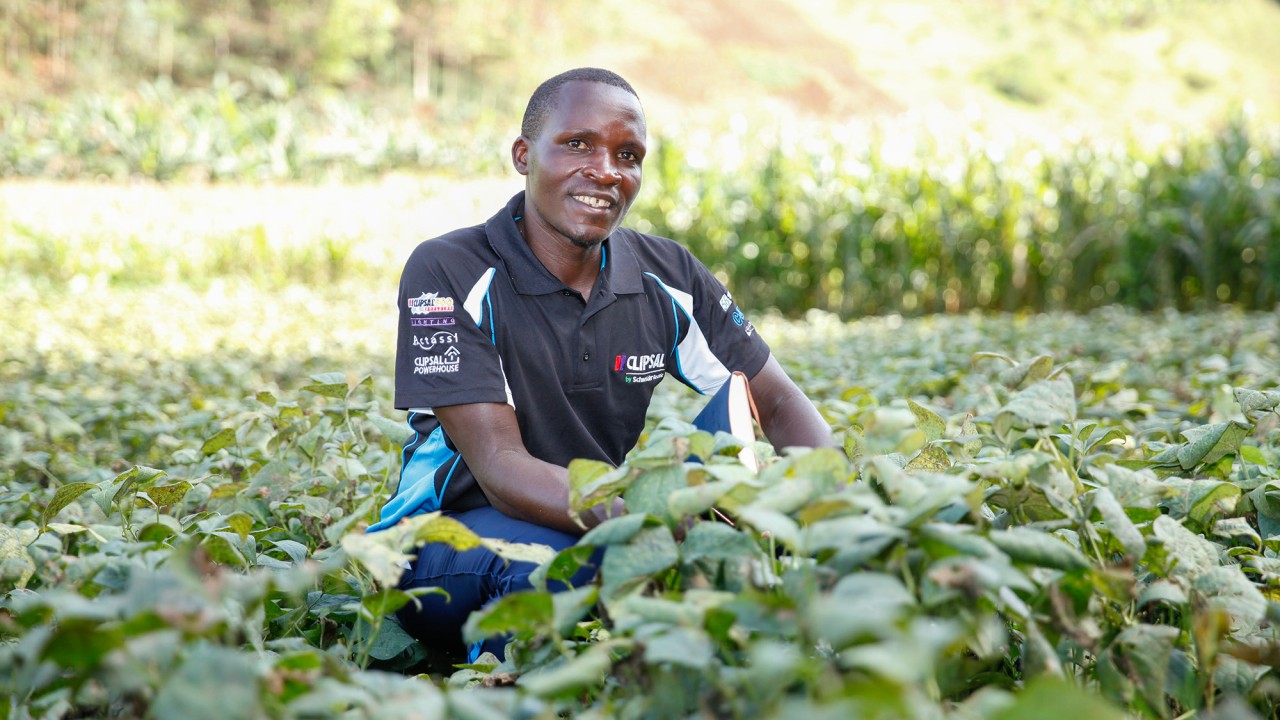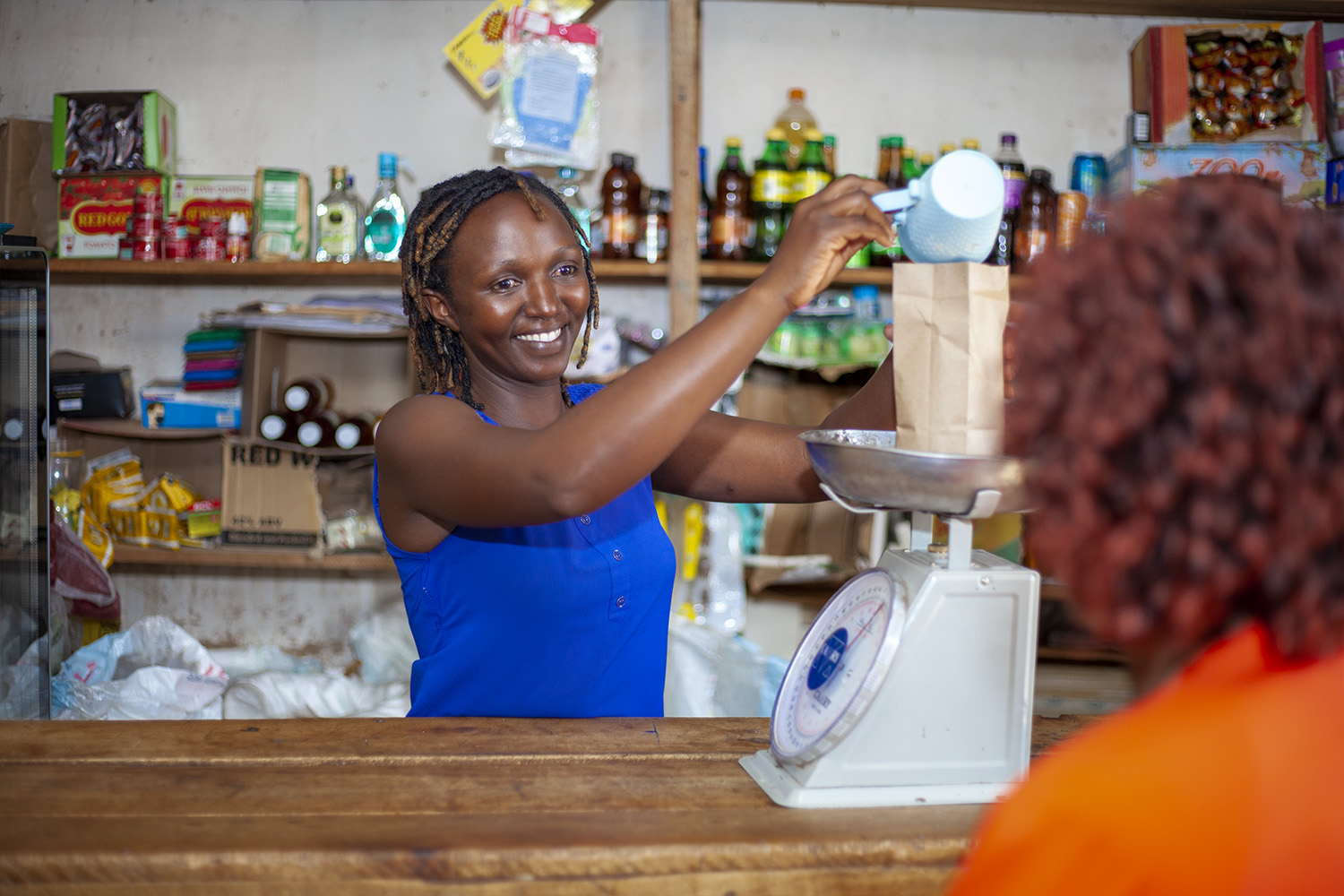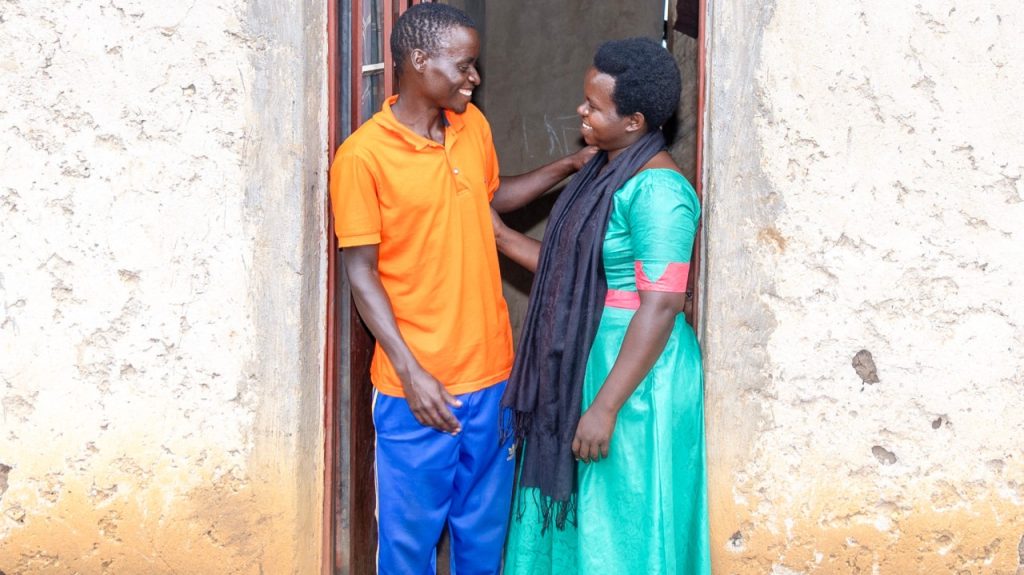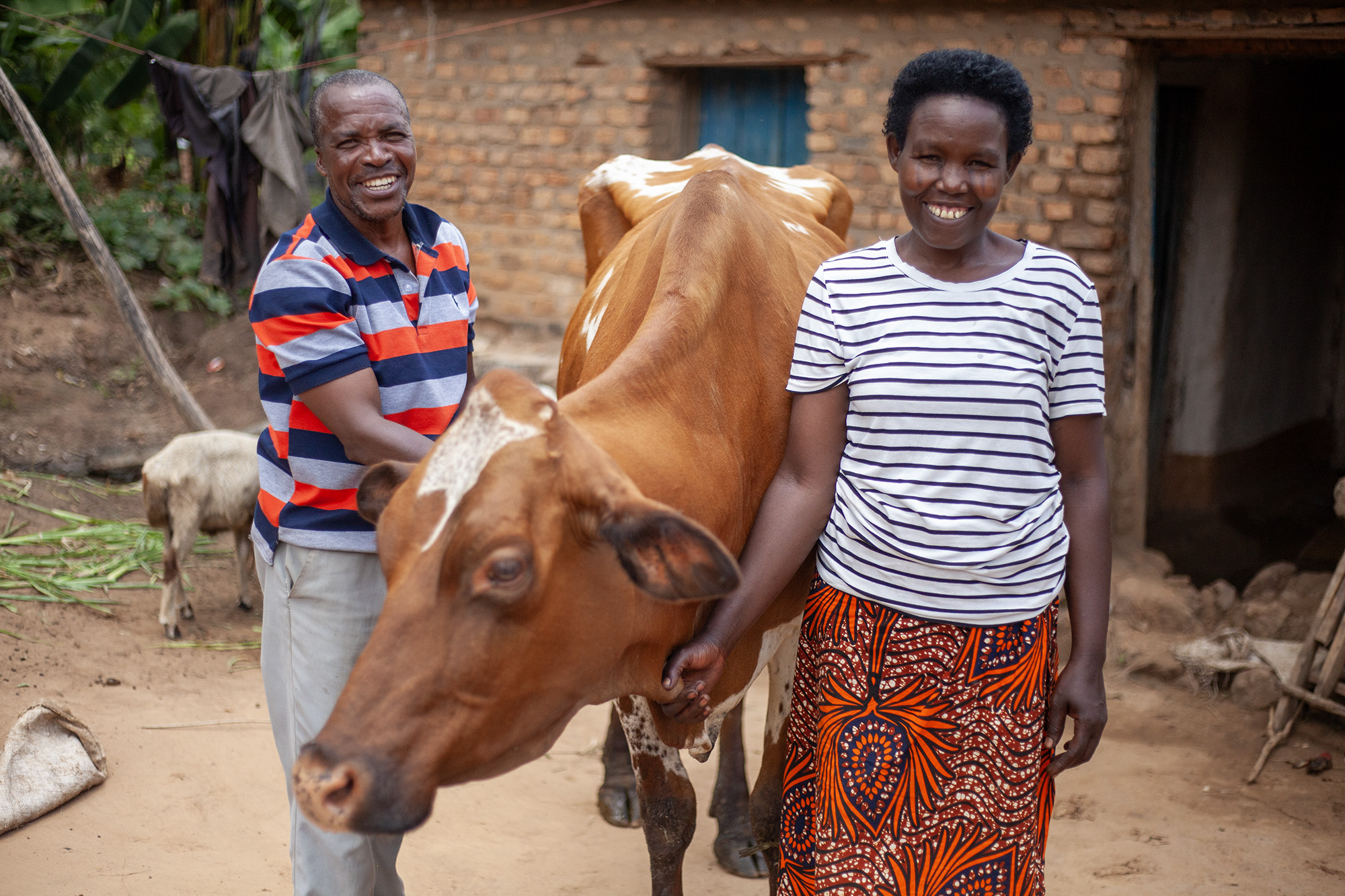

At CARE Rwanda, our Women Economic Empowerment (WEE) pillar is dedicated to dismantling the systemic barriers that prevent women and girls from realizing their full economic potential. Despite Rwanda’s commendable progress in attaining equality for women and girls and a near-universal financial inclusion rate of 96% for women, deep-seated challenges persist.
Traditional norms often limit women’s access to and control over property, impacting their financial capacity for economic activities. This results in significant disparities: while 40% of MSMEs are women-led, only 17% of women hold bank accounts, and a mere 8% access formal bank loans, leading to a “shockingly small share” of total credit. These financial exclusions, coupled with limited access to modern farming techniques, capital for agribusiness, and the heavy burden of unpaid care work, profoundly hinder women’s transition beyond subsistence farming.
What is CARE International in Rwanda is doing to advance Women Economic Empowerment
CARE addresses these challenges by supporting economically marginalized women to access vital financial services, participate in dignified work, and thrive as entrepreneurs and small-scale producers. We empower women through knowledge, skills, and by fostering women’s collectives like Village Savings and Loan Associations. Through targeted advocacy, CARE works to transform discriminatory social norms, laws, policies, and practices, ensuring women gain equitable access to markets, quality employment opportunities, and essential financial services, ultimately securing their economic justice.
We are implementing several projects within this program area. These projects are being implemented in 11 districts.


Legitimacy, Transparency and Accountability (LTA): This approach aims at empowering Civil Society organisations (CSOs) by strengthening their capacities in governance, leadership, strategic management, financial management, service delivery, advocacy, women and girls; and men and boys, and sustainability.
Journey for Transformation (JfT): This approach focuses on fostering equality for women and girls, and power balance within households, empowering both men and women to make joint decisions that contribute to household well-being and economic empowerment.
Community Scorecard (CSC): This participatory tool empowers program participants to voice their concerns and priorities, fostering collective action and collaboration with local leaders to find sustainable solutions to community-specific challenges.
CARE is a global leader within a worldwide movement dedicated to ending poverty. We are known everywhere for our unshakeable commitment to the dignity of people.

90% of CARE USA’s expenses go to program
services.
CARE is a global leader within a worldwide movement dedicated to ending poverty. We are known everywhere for our unshakeable commitment to the dignity of people.

90% of CARE USA’s expenses go to program
services.